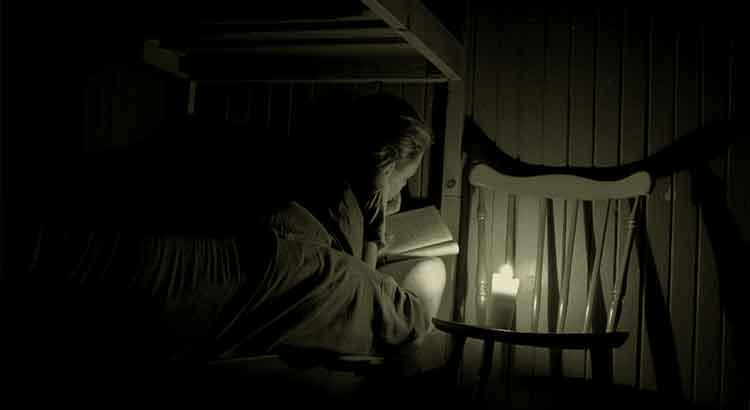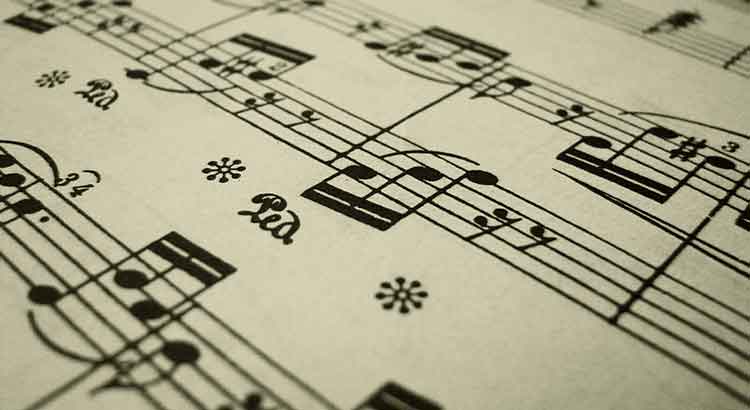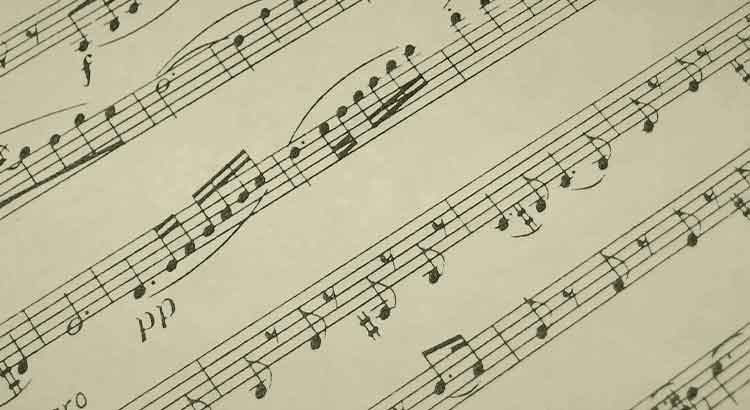I review my notes and smile at my irritations. The truth is that I consider myself, modesty aside, the ideal reader. When I open a book, the last thing I want is to get irritated with the author. I give him total freedom to say whatever he wants, to create from the absurd to the ridiculous, to break all moral barriers and more as he feels he must do in order to express what he wants. What I do not have—and I am proud of this—is a guidebook for demanding it from whoever I read. I consciously choose readings that appear contrary to what I seem to think. And yet, even with this almost limitless openness, I always end up finding someone who gets on my nerves…
Tag: literature
There Is No Vain Page in Tolstoy
I read pages and pages of Tolstoy and my mind seems to wonder, “Why so much time spent elsewhere?” The feeling is that, in Tolstoy, there is no vain page, we are always before characters who confront the essential. They confront, that is, they reason, see and judge the circumstances around them; sometimes they let themselves act unthinkingly, then they bitterly regret the psychological consequences, mulling over the past. The past! always an object of torture, an inexhaustible source of regrets… But what seems to impress most in these constructions so vivid, so full of verve and sincerity, is the meticulous insertion of details that endow them with realism, making them more than convincing. And to think of the mind that produced these thousands of golden pages… is to bow the head and take off the hat.
Poetry Is a Musical Construction
Poetry is a musical construction in which the melody of the letters is interwoven into the rhythm of the verses. Without rhythm, there is no poetry. Take away the rhyme, build in irregular verses, invent whatever you want—but without rhythm, there is no poetry. “If that’s so, what is so-called concrete poetry?” Anything but poetry. How can one call an unreadable, unpronounceable construction a poem? If they wanted to invent, let them also invent a name for the creation—”concrem”? From this, of course, it does not follow that this so-called concrete poetry is not art; in fact it is, but it is a visual art, an art to be contemplated, not to be read or recited. Let the stones be cast! I admit to being thrilled to come across a concrem in which the word “love” is genially arranged in the shape of a heart; but I will continue to judge the concretist as a visual artist, and not as a poet.
There Seems to Be a Consensus that a Poem Should Be Recited as Prose
There seems to be a consensus that a poem should be recited as prose or, rather, as dramatic interpretation. Where does this idea come from? It is true: by declaiming “dramatically,” one can express emotion, one can make a passionate declamation—what one definitely cannot do is convey to the listener the rhythm of the poem. The reason is very simple. What is rhythm, in music? It is the relationship between musical notes and silence in a metre. What is a metre? It is a regular interval that repeats itself for as long as the composition lasts. In music, play the same notes disrespecting the relationship between them, and the rhythm is gone, the music itself is gone. If we wish to speed up the execution of a piece, we alter the so-called tempo, which is the duration of each unit of the metre—that is, we proportionally alter the relationship of all the musical notes within the composition. If we intend a slower performance, we simply do the opposite process. What we can never change—at least, without disfiguring the music—is the rhythm of the composition; and rhythm, as said, requires regularity. Why should poetry be any different? In fact, it is not. If the verses of a regular poem are recited in varying lengths, if the intonation of the syllables does not follow a regularity, if the obligatory and standard pause at the end of each verse is disrespected, there is no way to convey the rhythm of a poem. It is impossible! Listening to what we are calling “dramatic declamation,” one cannot identify where the verse begins and ends, or which feet compose it—which does not occur when we listen to someone singing a poem. And if we consider that rhythm is the essence of a poem, how can we justify this way of declamation? Who invented this rule that a poem should not be sung? Did not the lyre, to the Greeks, support singing? I am sorry, I am sorry in several languages: but for those who consider a poem a melodic construction, to recite it without musicality seems unnatural—no matter how many diplomas the reciter collects.



